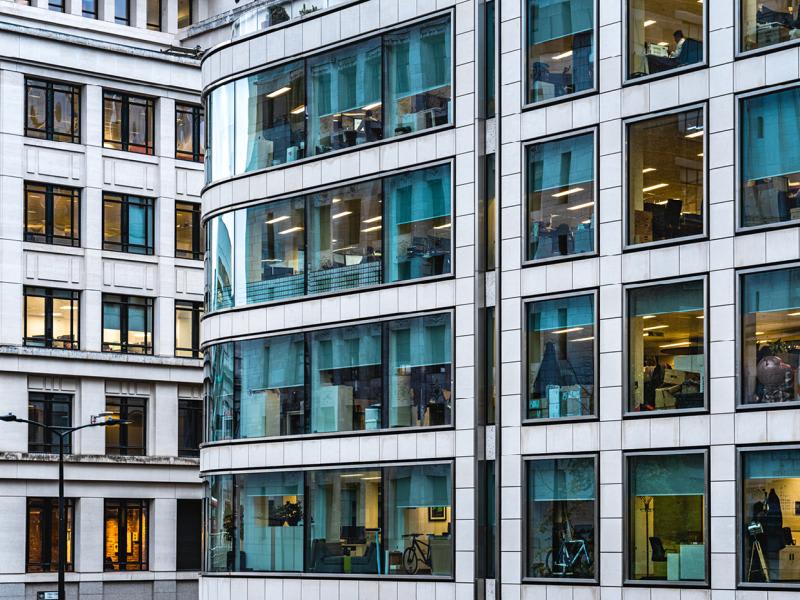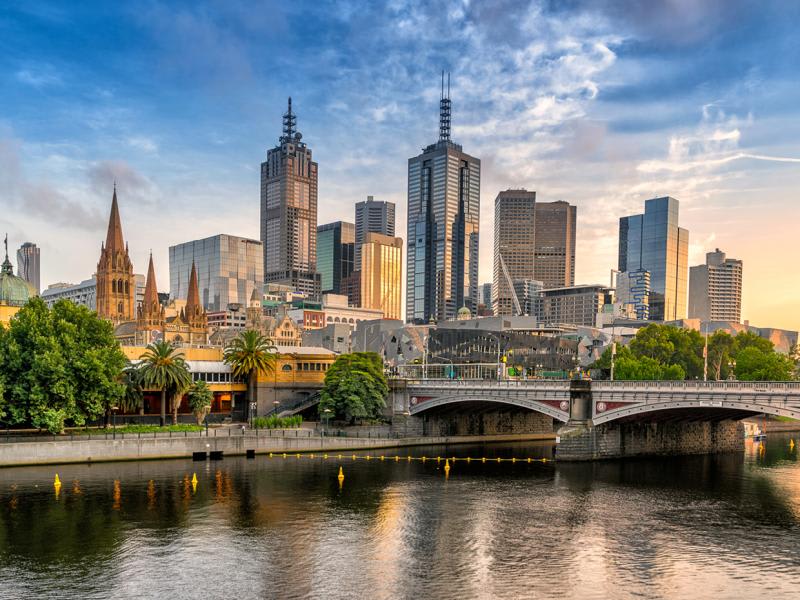Melbourne stands as a vibrant hub for business, combining historical significance, robust infrastructure, and a dynamic market environment. For Chinese- entities, understanding the nuances of operating in this city can pave the way for successful ventures.
Dr. Mary Wang, a Director at RSM in Melbourne and a distinguished expert in supply chain and procurement, offers her expertise to help businesses navigate Melbourne's business landscape effectively.
Tip 1: Leverage Melbourne's strategic advantages
Melbourne has been recognised by the Economist Intelligence Unit (EIU) as the world's most livable city for seven years in a row – a reason many Chinese-born Melbournites, including myself, are proud to call it home. Its rich history, particularly during the gold rush era, led to the establishment of one of the world’s largest Chinatown regions.
The Port of Melbourne, Australia's largest container and general cargo port, handles around 3.2 million TEU annually, highlighting its pivotal role in trade, especially with China, Australia’s largest trading partner.
These attributes position Melbourne as a prime choice for businesses looking to explore opportunities in retail, health, logistics, trade and advanced manufacturing.
Tip 2: Understand Australian business regulations
The Foreign Investment Review Board (FIRB) assesses applications from non-residents of Australia and considers various criteria.
By seeking professional guidance, businesses can not only ensure compliance but also enhance their operational efficiency, paving the way for successful ventures in Australia.
Tip 3: Embrace Melbourne's business culture
Building strong networks and participating in Melbourne’s industry-specific events are essential steps for any business looking to thrive here. I always encourage Chinese businesses to fully embrace Melbourne's vibrant networking culture—it’s the key to forming meaningful relationships and building trust. By actively engaging in professional gatherings and leveraging industry connections, businesses can not only bridge cultural differences but also uncover valuable opportunities for growth.
Tip 4: Tap into government support
I’ve seen how Australia offers a variety of government-backed initiatives that truly make a difference in helping foreign businesses establish and succeed here.
The Department of Foreign Affairs and Trade and Austrade provide resources to help businesses understand trade and investment opportunities.
In Victoria, Invest Victoria serves as the investment attraction agency of the State Government of Victoria, promoting business opportunities and job creation for Victoria.
Staying updated on policies is crucial, as regulations evolve with market dynamics.
Tip 5: Prioritise strategic tax and financial planning
Ensuring smooth business operations and maximising returns starts with building a solid cash flow and tax structure. From my experience, the Australian tax system can be overwhelming, particularly for those new to it. That’s why I always recommend working with local experts—professional tax advisers and financial planners can make navigating this complex landscape so much easier. Partnering with a full-service firm like RSM offers even greater advantages, as we can seamlessly manage both your business and personal financial needs under one roof.
Tip 6: Explore promising industries
Melbourne offers abundant opportunities across several sectors:
- Renewable energy: The Victorian government has ambitious targets for renewable energy, aiming for 95% renewable electricity generation by 2035. This strong political will is driving significant investment and development in the sector. Victoria has significant wind resources, large-scale solar farms, rooftop solar installations, emerging technologies like hydrogen and biomass. The most recent announced Renewable Energy Zones (REZs) will attracts investors globally, particularly in energy storage and clean energy manufacturing. Grid integration is also a direction for future investors.
- Retail trading: As one of the largest cities in Australia and Oceania, Melbourne plays a vital role in trade. Victoria is home to two major ports: the Port of Melbourne and GeelongPort - Victoria’s second largest port. Geelong Port handles close to 12 million tonnes of cargo and more than 600 vessel visits each year. Furthermore, Melbourne Airport operates with more than 40 international airlines, positioning the city as an attractive hub for international trade and retail.
- Education: Victoria has world class highly ranked Universities and exceptional research capabilities.
- Health and well-being: In the wake of the COVID-19 pandemic, there has been an increased focus on health, making this sector a key area for growth.
- Agribusiness: Australia is known for its premium produce, including cherries and wine, which presents significant export potential.
- Tourism and sports: Iconic events like the Melbourne Cup, the Australian Open, and the Australian Grand Prix attract global attention and drive tourism.
- Real estate and construction: Despite market fluctuations, real estate and construction remain robust options for long-term investment.
Invest Victoria provides insights into the state's industry dynamics, highlighting both current performance and future potential.
Tip 7: Build compliance in employment practices
Hiring employees in Melbourne can be challenging to navigate. In China, most employees in the organisations are full-time. While in Australia, there are different types of employment.
Engaging accounting and legal experts can ensure compliance and help establish strong HR practices for long-term growth.
Tip 8: Cultivate cross-cultural competence
For Australian businesses collaborating with Chinese partners, understanding cultural intricacies like guanxi (relationship building), hierarchy, and gift-giving traditions can foster trust and successful negotiations. Learning basic Mandarin phrases or attending traditional Chinese festivals demonstrates respect and cultural sensitivity.
Tip 9: Invest in networking opportunities
Melbourne’s business community offers numerous platforms for collaboration. Engaging with industry networking events, community activities, philanthropy events, etc., can help businesses find the right partners and gain local insights.
Tip 10: Stay agile in a dynamic market
Adapting to regulatory changes or venturing into new sectors can feel challenging, but staying informed and flexible is the key to thriving. In my experience, working closely with local experts like RSM can make a world of difference. We provide the tailored tools and strategies businesses need to navigate Melbourne's competitive landscape with confidence and clarity.
FOR MORE INFORMATION
If you would like to learn more about the topics discussed in this article, please contact Dr Mary Wang.






